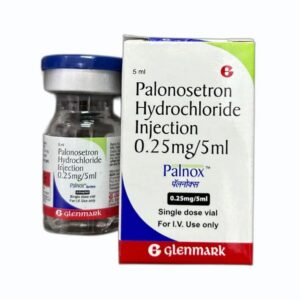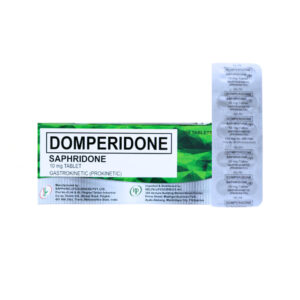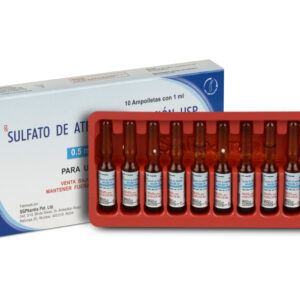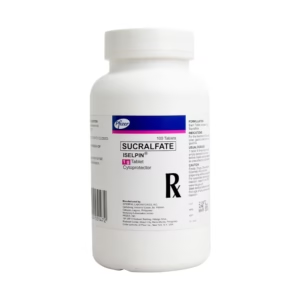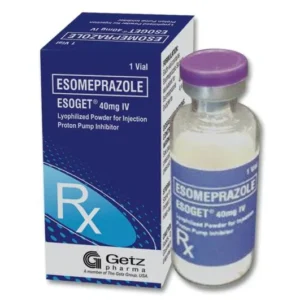-
Palonosetron Hydrochloride
Palonosetron Hydrochloride is a long-acting 5-HT3 receptor antagonist used to prevent nausea and vomiting.
Applications:
-
Prevents acute and delayed nausea/vomiting from moderately to highly emetogenic chemotherapy.
-
Also used for postoperative nausea and vomiting.
Side Effects:
-
Common: headache, constipation, dizziness.
-
Serious (rare): QT prolongation, hypersensitivity reactions.
Br120.00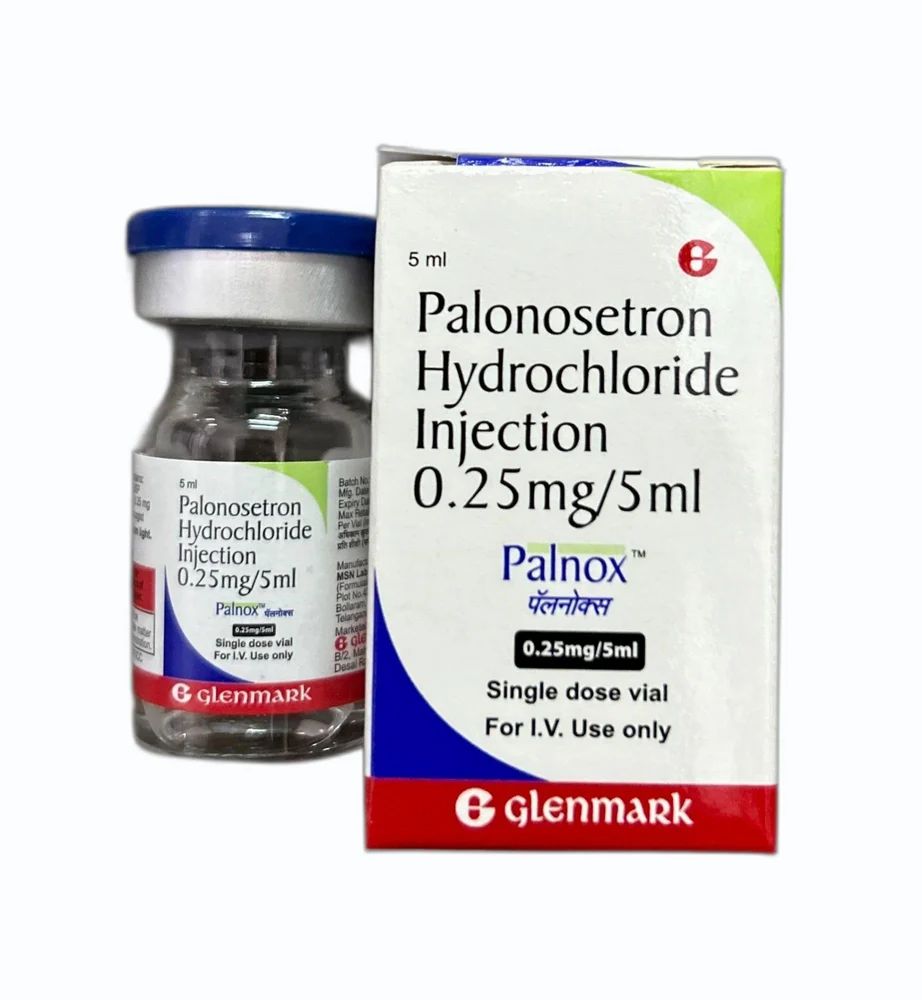
Palonosetron Hydrochloride
Br120.00 Select options This product has multiple variants. The options may be chosen on the product page -
-
Granisetron Hydrochloride
Granisetron Hydrochloride is a 5-HT3 receptor antagonist used to prevent and treat nausea and vomiting.
Applications:
-
Prevents nausea and vomiting from chemotherapy and radiation therapy.
-
Used postoperatively to manage nausea and vomiting.
Side Effects:
-
Common: headache, constipation, dizziness.
-
Serious (rare): QT prolongation, allergic reactions.
Br120.00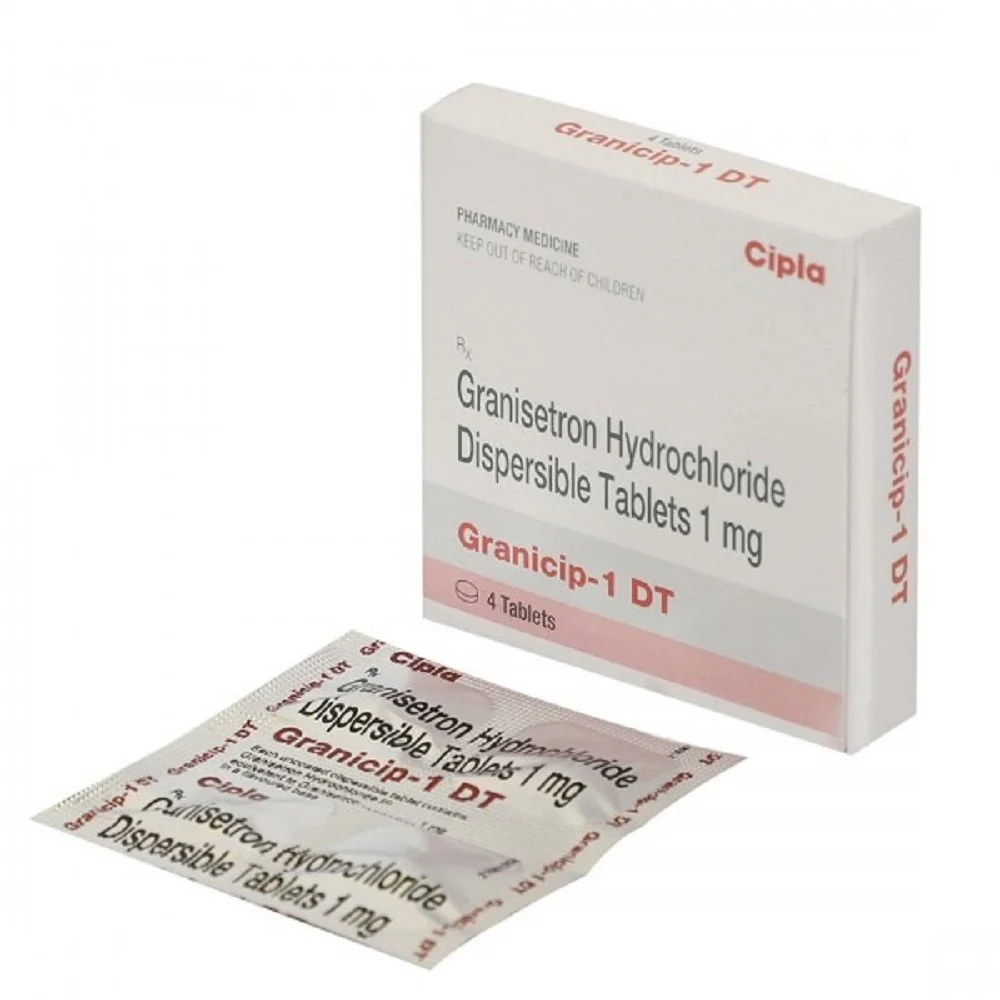
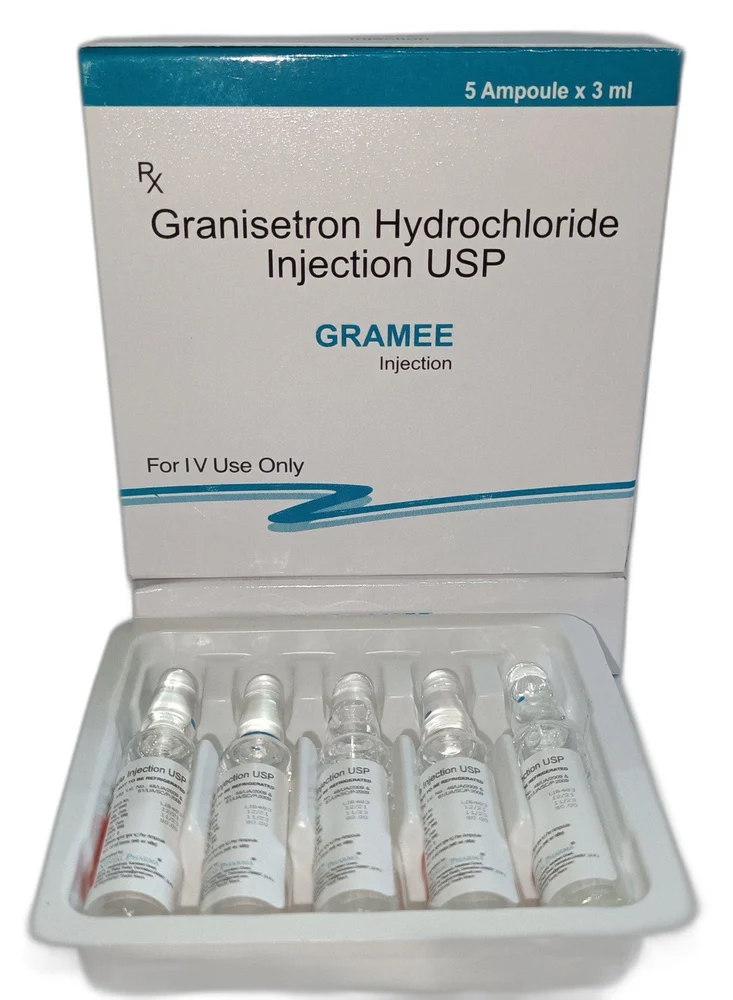
Granisetron Hydrochloride
Br120.00 Select options This product has multiple variants. The options may be chosen on the product page -
-
Domperidone
Domperidone is a dopamine antagonist used to treat nausea, vomiting, and gastrointestinal motility disorders.
Applications:
-
Relieves nausea and vomiting.
-
Treats gastroparesis by enhancing stomach emptying.
-
Sometimes used to increase breast milk production (off-label).
Side Effects:
-
Common: dry mouth, abdominal cramps, and headache.
-
Serious (rare): heart rhythm disorders, especially in elderly or high doses.
Br120.00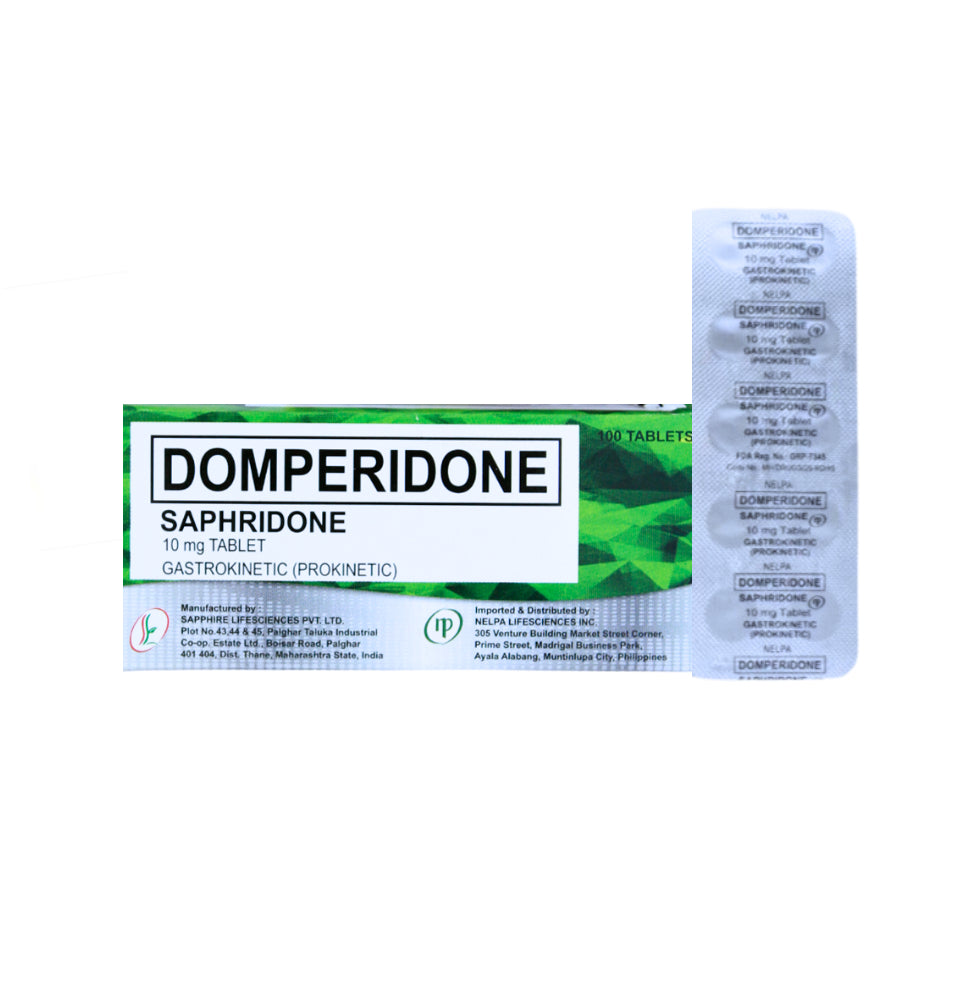
Domperidone
Br120.00 Select options This product has multiple variants. The options may be chosen on the product page -
-
Atropine Sulphate
Applications:
-
Pre-Anesthesia: Reduces saliva and respiratory secretions before surgery.
-
Bradycardia: Emergency treatment for abnormally slow heart rate.
-
Poison Antidote: Countacts organophosphate or nerve agent poisoning.
-
Ophthalmic Use: Dilates pupils for eye exams or inflammation treatment.
-
GI Disorders: Relieves spasms in irritable bowel (rarely used today).
Side Effects:
-
Common: Dry mouth, blurred vision, rapid heartbeat, dizziness.
-
Serious:
-
Hallucinations/confusion (high doses)
-
Urinary retention
-
Glaucoma attacks (with eye drops)
-
Dangerous tachycardia (overdose)
-
Note:
-
IV/IM use only in emergencies (hospital/EMS).
-
Reverses life-threatening cholinergic toxicity (e.g., pesticide poisoning).
Br120.00
Atropine Sulphate
Br120.00 Select options This product has multiple variants. The options may be chosen on the product page -
-
Omeprazole
Applications:
-
Treats severe GERD/ulcers (when oral therapy fails)
-
Manages Zollinger-Ellison syndrome (acid hypersecretion)
-
Prevents acid aspiration during surgery
-
Reduces rebleeding risk after endoscopic treatment
Side Effects:
-
Common: Headache, nausea, injection-site pain
-
Serious (rare): Kidney injury, low magnesium, bone fractures (long-term use)
Note: Requires kidney/magnesium monitoring with prolonged IV use. Administered once daily (40mg). Brands include Losec® IV and generics.
Br120.00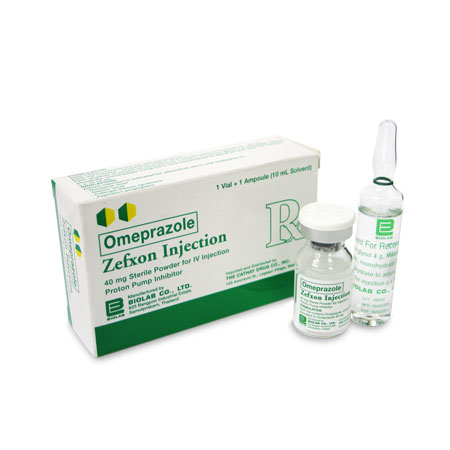
Omeprazole
Br120.00 Select options This product has multiple variants. The options may be chosen on the product page -
-
Sucralfate
Sure! Here’s a similar overview for sucralfate:
Applications:
- Used primarily to treat and prevent peptic ulcers by forming a protective barrier over ulcer sites in the stomach and intestines.
- Often prescribed for gastroesophageal reflux disease (GERD) and to manage conditions involving damage to the stomach lining, like gastritis.
- Can help in the healing of esophageal ulcers, as well as ulcers caused by nonsteroidal anti-inflammatory drugs (NSAIDs).
Side Effects:
- Common side effects include constipation, dry mouth, and mild stomach discomfort.
- Rare but serious side effects can include allergic reactions, severe abdominal pain, or difficulty breathing.
- Prolonged use may lead to malabsorption of nutrients like phosphate, which can cause low phosphate levels.
- In some cases, patients may experience dizziness or headache.
Sucralfate is typically considered a safe treatment, but like with any medication, it’s important to monitor for any adverse effects, particularly with long-term use.
Br120.00
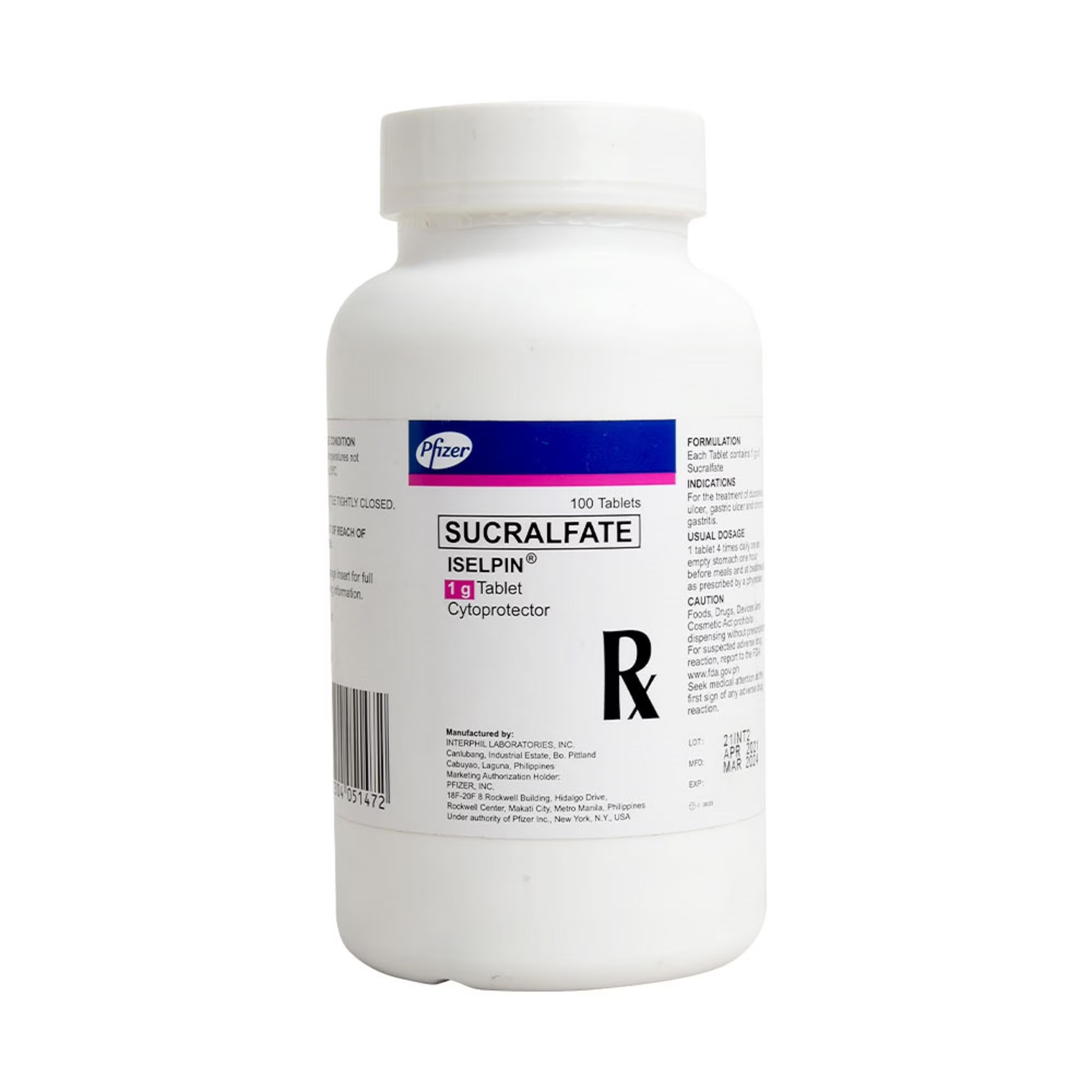
Sucralfate
Br120.00 Select options This product has multiple variants. The options may be chosen on the product page -
Esomeprazole
Applications:
- Used to treat gastroesophageal reflux disease (GERD), peptic ulcers, and Zollinger-Ellison syndrome.
- Helps reduce stomach acid production, promoting healing and preventing acid-related damage.
Side Effects:
- Headache, nausea, and diarrhea.
- Long-term use may increase the risk of fractures, kidney issues, and vitamin B12 deficiency.
Esomeprazole is effective in reducing acid production, helping treat GERD and ulcers, but prolonged use can lead to some serious side effects, especially with prolonged therapy. It’s important to monitor for any complications, particularly with long-term use.
Br120.00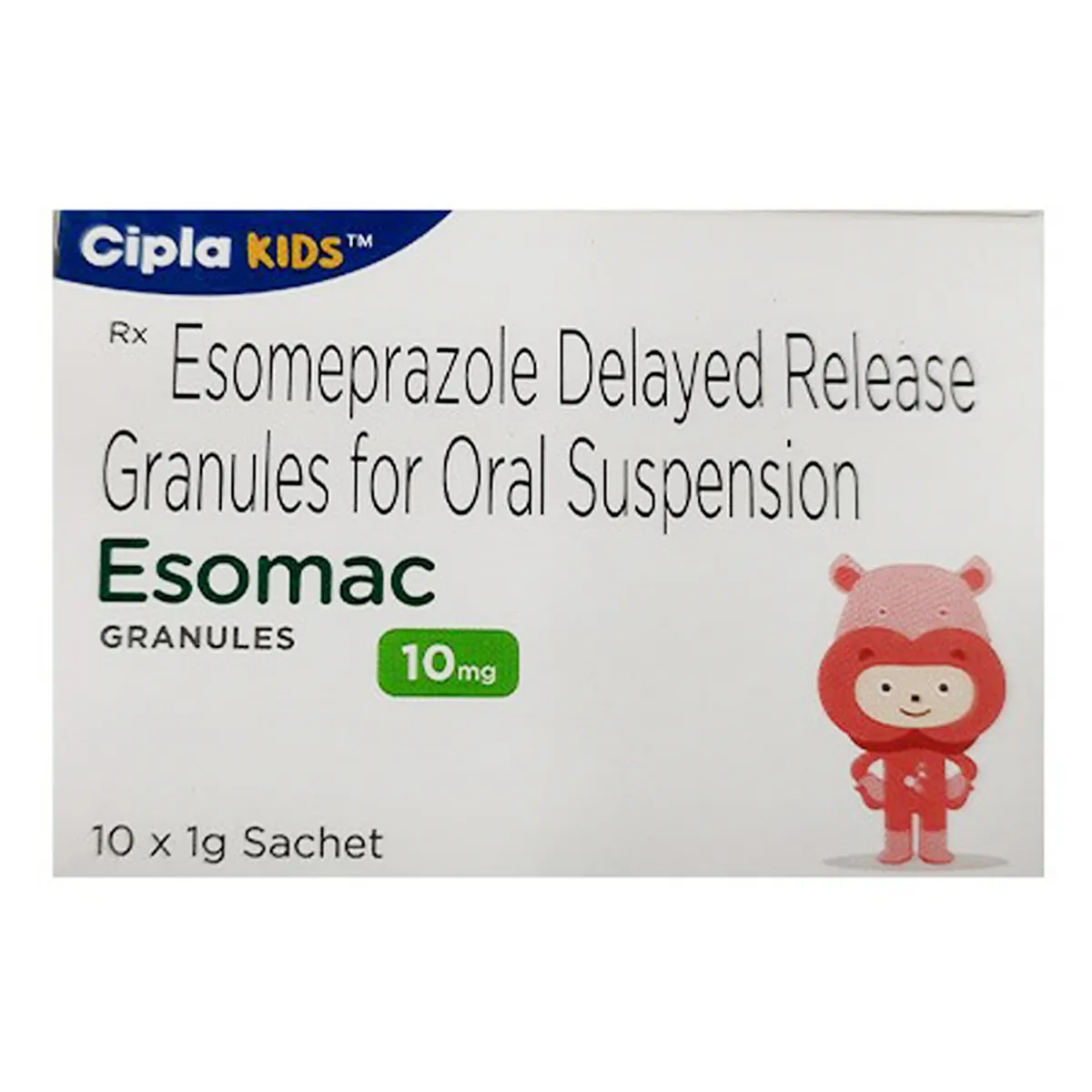
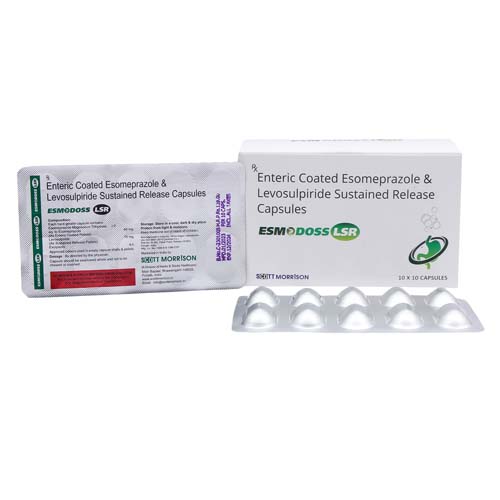
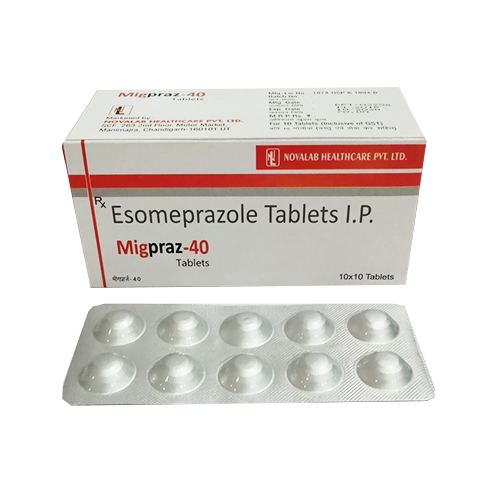
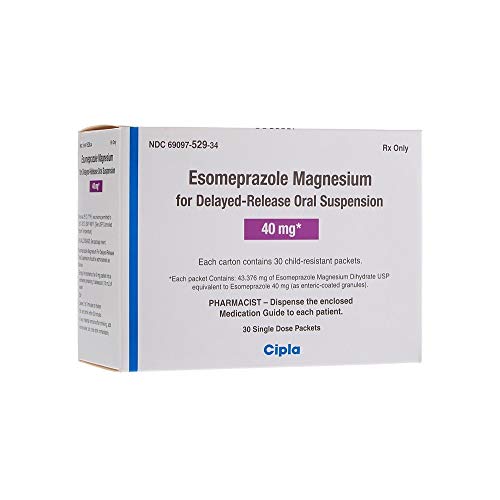
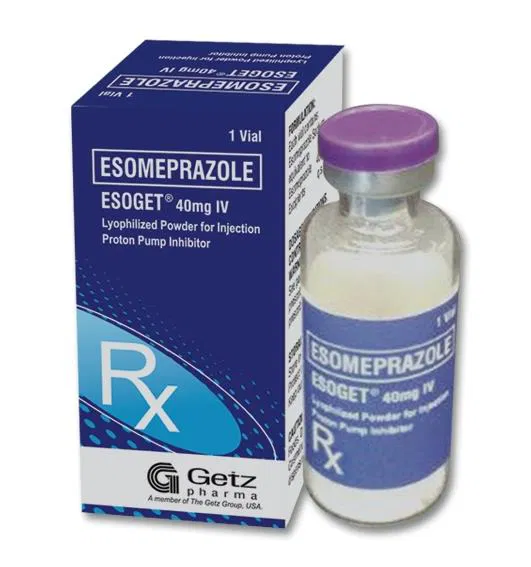
Esomeprazole
Br120.00 Select options This product has multiple variants. The options may be chosen on the product page

